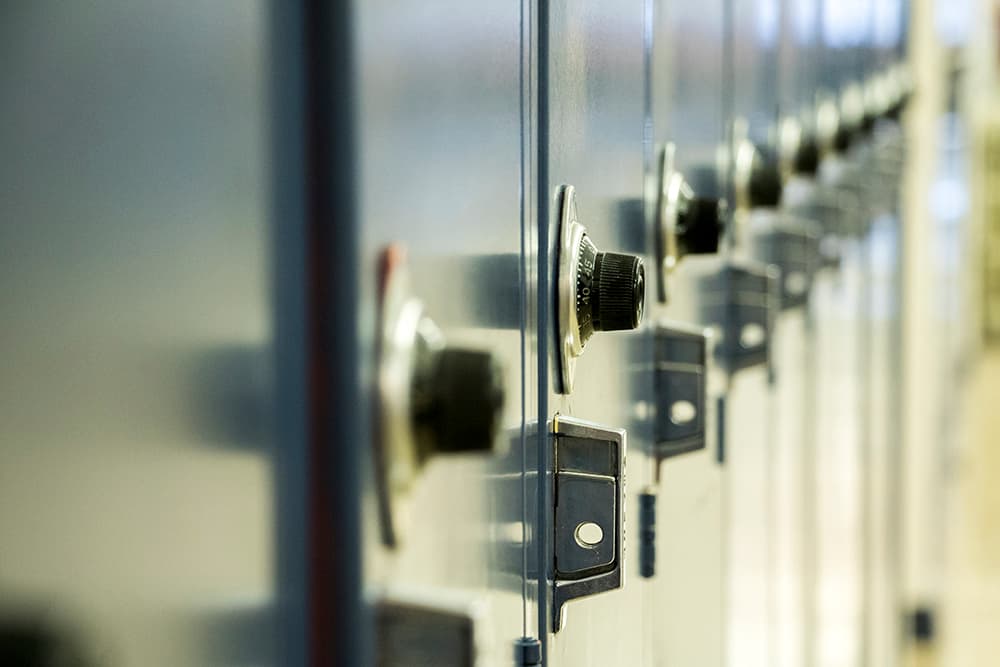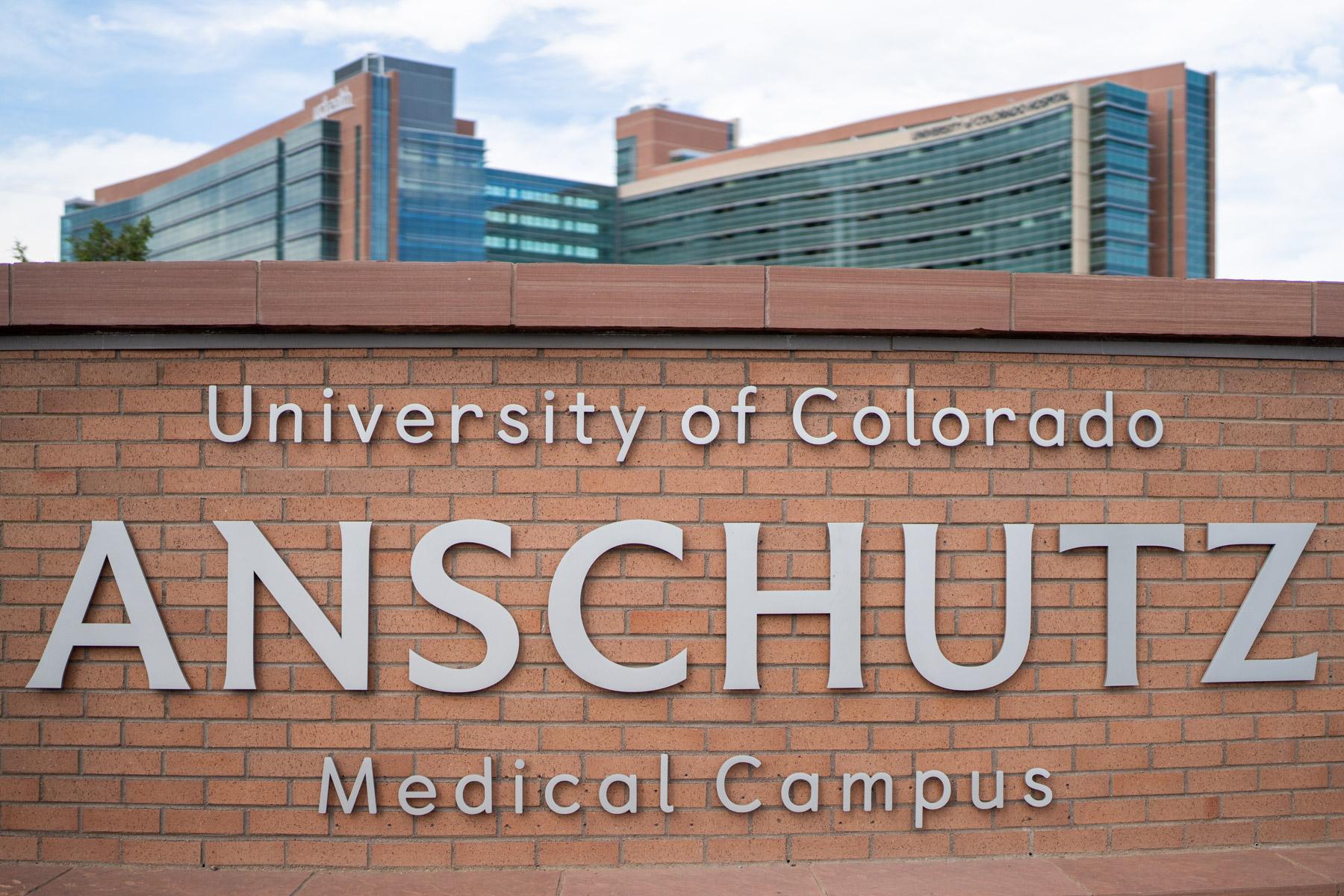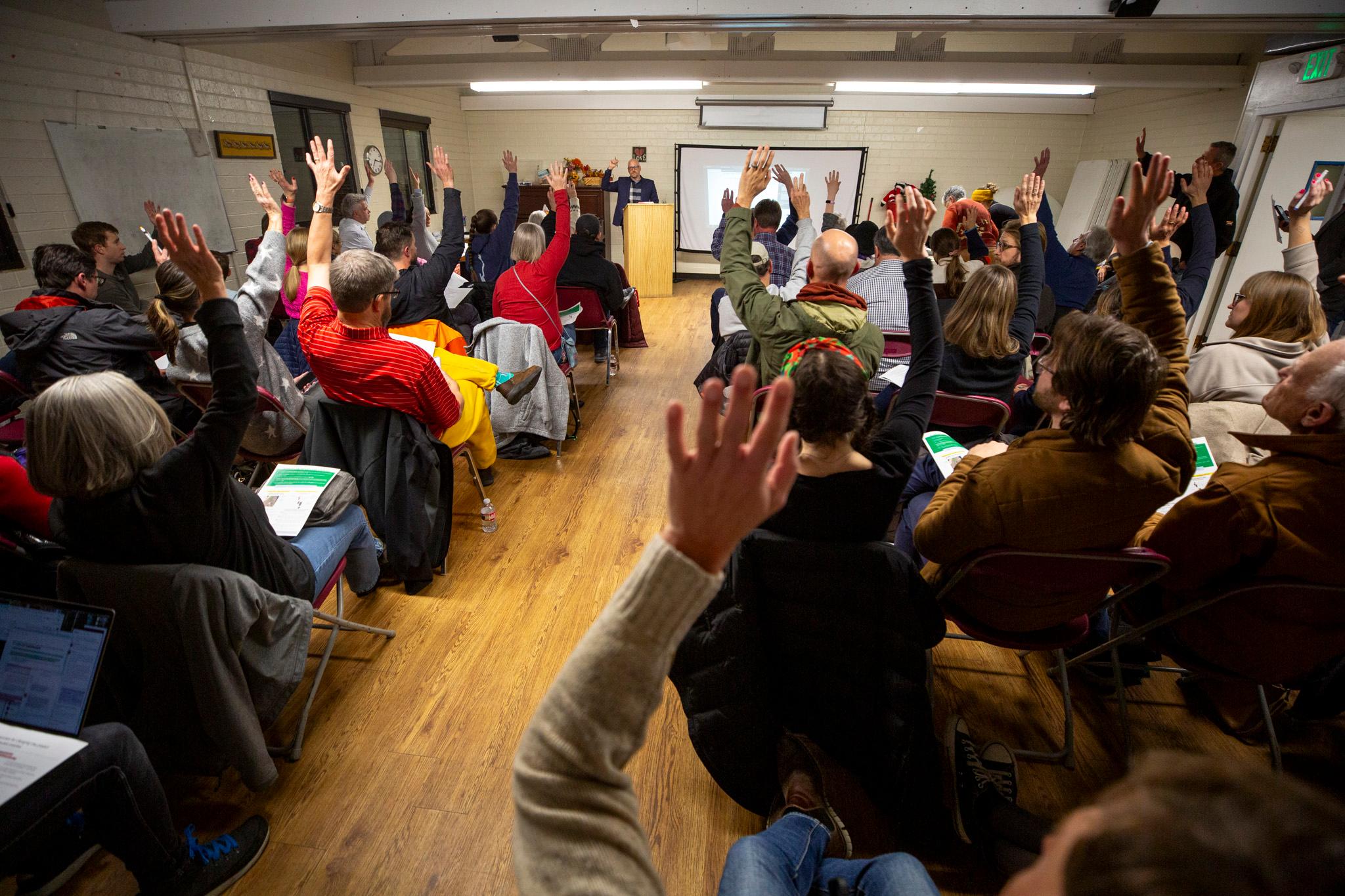Denver parents of students with disabilities are concerned that an impending reorganization of the school district’s special education department will have a negative impact on their children.
Specifically, parents are worried about cuts to the number of special education teachers and paraprofessionals, teacher’s aides that one advocate called “the backbone of special education,” the people who often help students follow directions or focus on their schoolwork.
District officials insist the reorganization does not cut paraprofessional or teacher support. Any reductions families are experiencing, they said, are the result of school-level budget constraints as the number of students with disabilities at those schools ebbs and flows.
In fact, officials said the reorganization is meant to increase the number of adults working inside schools – a change they said will benefit all students, not just those with special needs. The plan calls for trimming $4 million from the district’s billion-dollar budget by shrinking the pool of central office staff who help school principals serve students with disabilities. That money would be reallocated to fortify mental health services for all students, including by providing every district-run school with at least one full-time social worker or psychologist.
Some parents of students with disabilities are skeptical. Their feelings speak to the tenuousness of resources for special education students and distrust that they’ll get the services they need. Federal law guarantees students with disabilities a “free and appropriate” education. What that means in practice can a subject of disagreement among districts, parents, and advocates.
“The improvements that they’re proposing to make, they’re all great,” said Jeanne Posthumus, whose sixth-grade daughter has a rare genetic disorder and receives special education services at a Denver charter school. “But don’t do it on the backs of kids with special needs.”
About 10,000 of the 92,600 students in Denver Public Schools have disabilities, according to district statistics. They have historically lagged far behind their peers in reading, writing, and math. Last year, 44 percent of Denver fourth-graders without disabilities met expectations on the state literacy test, while just 8 percent of fourth-graders with disabilities did.
Eldridge Greer, the district’s associate chief of student equity and opportunity, said the reorganization, which is set to go into effect on July 1, is meant to “dramatically improve academic outcomes and truly meet the promise of special education.”
Part of the problem with the system as it exists now, Greer said, is that the central office staff who help school principals end up spending too much time putting out fires related to student behavior and too little time working on improving academic instruction.
The proposal calls for eliminating about 30 of those central office positions, as well as some supervisory and vacant positions in the same department. The positions that remain will focus on academics, including coaching and training special education teachers, Greer said.
Managing student behavior will become the responsibility of a bigger corps of mental health workers hired with the savings, he said. Most schools already have social workers and psychologists, but not all of them can afford to have one on staff five days a week.
That’s despite a tax increase approved by voters in 2016 that included $10.9 million to hire more mental health workers and nurses. The money was split among schools based on enrollment, with extra allotted to those with high needs, district officials said. But it still left some smaller and more affluent schools without five-day coverage, which principals have said is crucial.
“We’re seeing so many more young children in kindergarten with severe behavioral needs,” said Robin Kline, the principal at Steck Elementary, a high-achieving school in southeast Denver that serves a wealthier student population. “Whether or not they’re special education, they require a level of special education, figuratively, that requires a lot more one-on-one.”
The proposal also calls for hiring eight more “behavior techs,” who are specially trained professionals or paraprofessionals who can be deployed to schools for weeks at a time to help manage behavior crises. The district has seven behavior techs this year.
In addition, elementary schools with special programs for students with emotional needs would get an additional $50,000 to spend on paraprofessionals, mental health workers, or teachers.
The reorganization, Greer said, “creates role clarity and enables the instructional specialists to do what they do best.” He emphasized that the district is not cutting its special education budget, and he said it would continue to provide services to students who qualify. The district spends $1,300 more per student on special education now than it did in 2013, he said.
Parent Danielle Short said families are confused by the changes. Her 7-year-old son, Micah, has Down syndrome and was treated for leukemia. He’s currently in a kindergarten class taught by one teacher and two paraprofessionals. Though the paraprofessionals are there to help all of the students in the class, she said they spend a lot of time with Micah, helping him in the lunchroom and the bathroom, and keeping an eye on him in the hallways.
The first grade class at Micah’s school has just one part-time paraprofessional. To keep Micah fully included with his peers, rather than in a separate classroom, Short said his special education team has determined he needs a dedicated paraprofessional next year.
“It’s not my vision for him to have para glued to his hip,” she said. “But he needs one right now.”
She’s worried the reorganization will affect Micah’s ability to get one, especially since families at other schools said they have been told their students’ one-on-one paraprofessionals may be cut next year. Greer denied that’s the case, but he said he understands the parents’ reaction.
“When we try to make this system change, it can create incredible anxiety because people remember just a generation ago how hard it was to get students with disabilities through the schoolhouse door,” Greer said.
His assurances haven’t completely assuaged parents’ fears. Short said that while she’s grateful that schools will get more mental health support next year, she wants to make sure her son’s more specific needs are met, too.
“The psychologist has been helpful for my son,” providing strategies to help with some of his behavior, Short said. But, she added, “his needs are not met by increasing the psychologist from half-time to full-time. He has other needs that should be funded by the district.”
Short was among a group of parents who pleaded with the school board at its monthly meeting Thursday to, in the words of another mother, “stop pillaging special education funds.”
Christy Pennick told the board her son’s school, Swigert International in northeast Denver, is already feeling the effects: Instead of two special education teachers, it will have one next year.
Swigert principal Shelby Dennis confirmed that the district’s formula for allocating special education funding, which she said is based on the level of service students need, has allotted the elementary school one fewer special education teacher next year.
But Dennis said she doesn’t know if that’s a result of the reorganization or not. Since the district ran its formula for Swigert, one student with disabilities has transferred into the school and three more have qualified for special education services, she said. Given that, she said she’s hopeful the district will increase Swigert’s allotment in the fall. Even if it doesn’t, she said she was able to find $30,000 in her budget to hire a part-time teacher for next year to fill in some of the gap.
Pam Bisceglia, executive director of Advocacy Denver, a civil rights organization that serves people with disabilities, said it’s stories like that that raise red flags.
“What parents are hearing once again is where cuts are being made is to special education,” Bisceglia said. “It says their kids aren’t as important.”
Chalkbeat is a nonprofit news site covering educational change in public schools.













